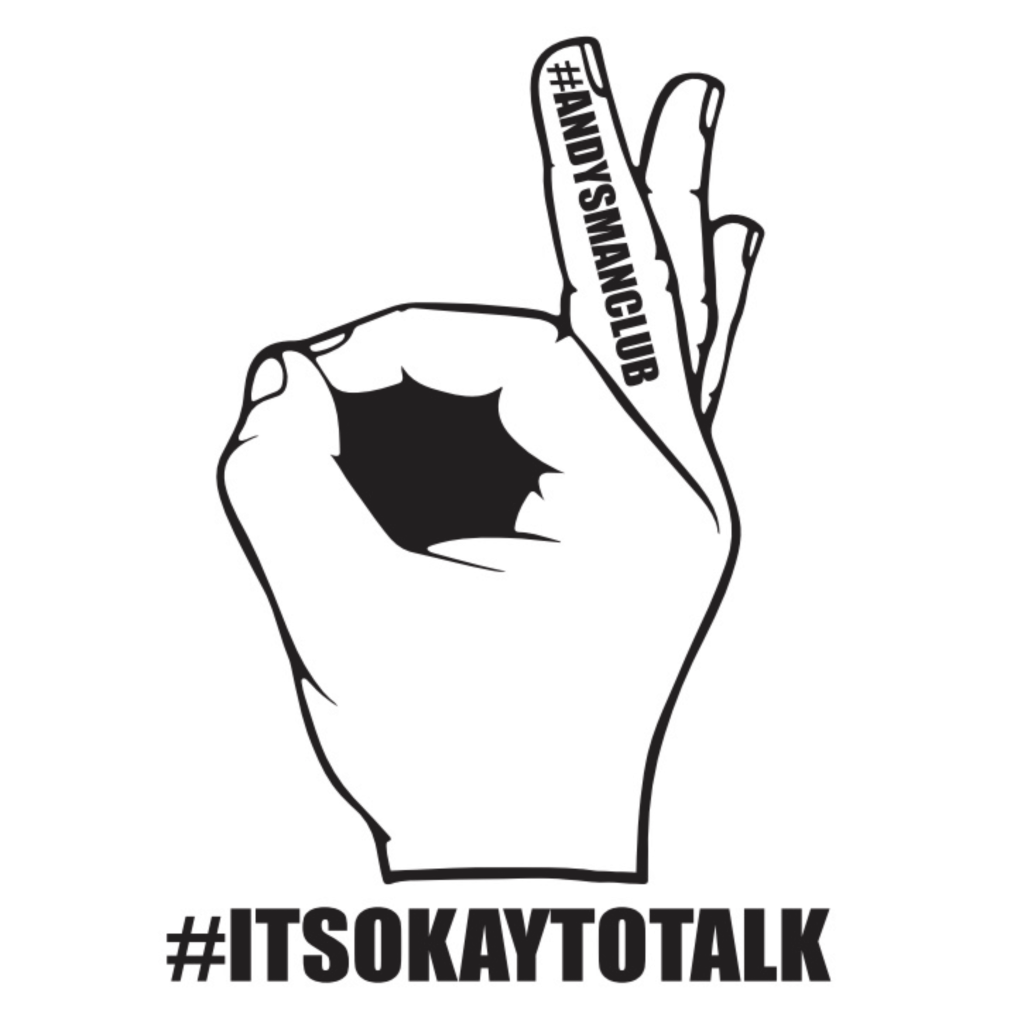In the world of personal growth and mental health, the terms self-esteem and self-worth are often used interchangeably. While they sound similar, the difference between them is significant. Understanding how they differ can shape how we see ourselves, how we handle life’s challenges and how we build emotional resilience.
What Is Self-Esteem?
Self-esteem is how we assess and judge ourselves. It is influenced by how well we think we are doing in life, our achievements, how others see us and how we measure up to personal or social standards. For many men, this might include career success, physical appearance or being seen as dependable or strong.
Self-esteem tends to rise when things go well. It might improve after a promotion, praise or meeting a goal. But it can drop quickly when we experience failure, criticism or rejection. It is reactive. It depends on our current situation and how we interpret what is happening around us.
In short, self-esteem is how we feel about ourselves based on what we do and how we are seen. It is tied to performance and feedback.
What Is Self-Worth and Why It Matters for Mental Health
Self-worth is something deeper. It is the belief that we are valuable simply because we exist. It does not rely on what we achieve or how others view us. It comes from within and remains steady even when things go wrong.
Self-worth is not affected by external highs or lows. It stays with us whether we succeed or fail. It allows us to accept ourselves as human with strengths and flaws. This kind of inner belief builds emotional strength. It helps us show ourselves kindness even when life feels tough.
While self-esteem is about doing, self-worth is about being. It reminds us that we deserve love, care and respect not because of what we achieve but because of who we are.
Key Differences Between Self-Esteem and Self-Worth in Men
Where Value Comes From
- Self-esteem is based on how well we meet goals or receive approval
- Self-worth is based on the belief that we have value no matter what
How Stable They Are
- Self-esteem can rise or fall depending on success or failure
- Self-worth is constant, unaffected by outside results
Type of Validation
- Self-esteem often needs feedback or praise from others
- Self-worth is internal and independent of how others see us
Emotional Impact
- Self-esteem can feel fragile and lead to stress or anxiety
- Self-worth supports peace of mind and emotional balance
Focus of Identity
- Self-esteem can make us feel like we must earn value through action
- Self-worth helps us feel whole and enough without always striving
Why Men Need to Understand This Difference
When self-esteem is our main source of value, we are at the mercy of outside forces. A setback at work, a relationship problem or a harsh comment can leave us feeling low. Our sense of self becomes unstable and uncertain.
Self-worth creates a solid foundation. It lets us move through difficult times without losing sight of our value. It helps us bounce back from rejection and keep our confidence steady. For men especially who are often taught to tie their worth to performance or strength, building self-worth is a key part of long-term mental health.
How Men Can Strengthen Self-Esteem and Self-Worth
Focus on Self-Acceptance
Learn to accept who you are at your core. You do not need to be perfect to have value. Recognising and embracing your flaws is part of self-worth.
Practise Self-Compassion
Be kind to yourself when you fall short. Mistakes do not erase your worth. Being human means learning and growing.
Separate Achievements from Identity
Appreciate your achievements but do not let them define you. You are more than your job title, income or appearance.
Create Supportive Self-Talk
Challenge harsh inner criticism. Replace it with reminders of your value that are not linked to success or performance.
Build Meaningful Relationships
Surround yourself with people who value you for who you are. Connection that is based on authenticity not achievement reinforces self-worth.
Consider Therapy for Support
A therapist can help explore deeper beliefs about your value and guide you towards a more grounded sense of self. Therapy can support the shift from chasing approval to building self-acceptance.















